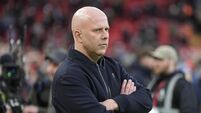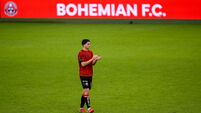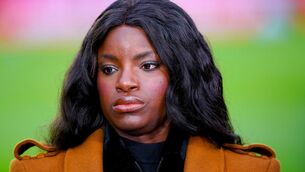FAI boss defends his salary
Delaney said that the FAI board didn’t want him to take the reduction in pay and that the decision to do so had been his alone. Yet, even after the pay cut, critics have pointed out that his remuneration is still almost double that of the Taoiseach’s.
“The board believe it’s justifiable,” he said in answer to media questioning following the AGM. “I work very hard and deliver for the Association to the best of my abilities. They didn’t want to reduce the salary, it’s something I did voluntarily last year and this year.”














